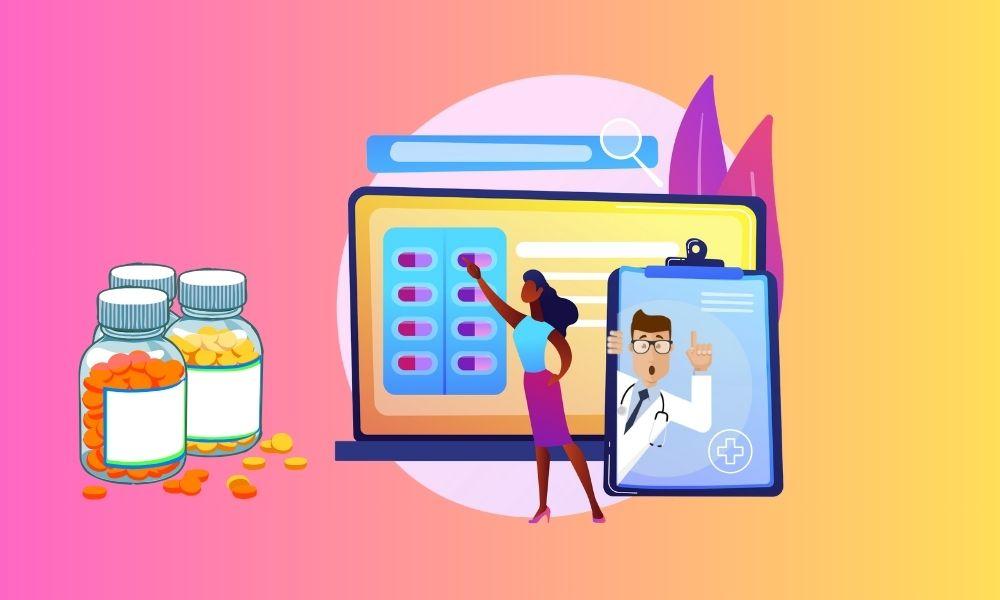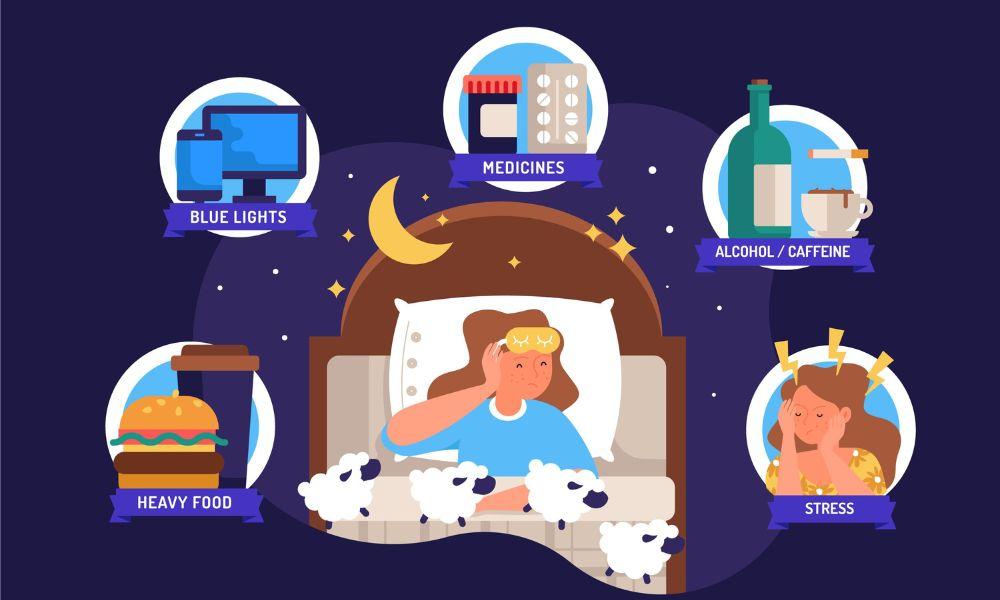
Can You Take Zopiclone 20 mg Every Day?:- Zopiclone is a non-benzodiazepine hypnotic agent used primarily for the treatment of insomnia. While it is effective in helping individuals fall asleep and stay asleep, it is important to understand the appropriate usage, potential risks, and guidelines associated with its consumption, especially at higher doses like 20 mg. This comprehensive blog will explore these aspects in detail.
Contents
What is Zopiclone?
Zopiclone, marketed under brand names such as Imovane and Zimovane, is a medication designed to aid in the short-term treatment of severe insomnia. It works by interacting with the benzodiazepine receptors in the brain, promoting a calming effect and inducing sleep. Unlike benzodiazepines, zopiclone has a distinct molecular structure but functions similarly to facilitate sleep onset and maintenance.
Standard Dosage and Usage
The typical dosage for adults is 7.5 mg taken right before bedtime. This dose is generally effective for most patients and is intended for short-term use, typically not exceeding 2 to 4 weeks. Prolonged use is discouraged due to the risk of dependency and tolerance.
Risks of High Doses
Taking zopiclone at doses higher than recommended, such as 20 mg, poses significant risks:
- Increased Side Effects: Higher doses amplify the likelihood of experiencing side effects, including drowsiness, dizziness, headache, dry mouth, and gastrointestinal disturbances. Severe side effects can include amnesia, hallucinations, and coordination problems .
- Dependence and Withdrawal: Prolonged use of high doses can lead to physical and psychological dependence. Withdrawal symptoms may occur if the medication is abruptly stopped, including rebound insomnia, anxiety, tremors, and sweating.
- Tolerance Development: Over time, the body can develop tolerance to zopiclone, requiring higher doses to achieve the same sedative effect. This can create a vicious cycle of increasing dosage and dependency.
Guidelines for Safe Use
To minimize risks and maximize the therapeutic benefits of zopiclone, consider the following guidelines:
- Consultation with a Healthcare Provider: Always use zopiclone under the supervision of a healthcare provider. They can determine the appropriate dose based on your specific condition and medical history.
- Adherence to Prescribed Dosage: Stick to the prescribed dose and duration. Do not increase the dose without consulting your doctor, even if you feel the medication is not working as expected.
- Monitoring and Review: Regular follow-ups with your healthcare provider are essential to monitor the effectiveness and any side effects. Adjustments to the treatment plan may be necessary based on your response to the medication.
- Gradual Withdrawal: To prevent withdrawal symptoms, if you decide to stop taking zopiclone, do so gradually under medical supervision.
- Non-Pharmacological Interventions: Combine medication with non-drug treatments for insomnia, such as cognitive-behavioral therapy (CBT), relaxation techniques, and good sleep hygiene practices.
Special Considerations
Certain populations may require special consideration when using zopiclone:
- Elderly Patients: Older adults are more susceptible to the sedative effects of zopiclone and may be at increased risk of falls and cognitive impairment. A lower dose may be recommended for this group.
- Pregnancy and Breastfeeding: Zopiclone is generally not recommended during pregnancy and breastfeeding due to potential risks to the fetus or infant. Alternative treatments should be considered.
- Individuals with Liver or Kidney Problems: Dosage adjustments may be necessary for patients with impaired liver or kidney function to prevent accumulation and toxicity.
Alternative Treatments for Insomnia
While zopiclone can be effective, it is not the only treatment option for insomnia. Other approaches include:
- Behavioral Therapies: Cognitive-behavioral therapy for insomnia (CBT-I) is an effective long-term treatment that focuses on changing sleep habits and thought patterns.
- Lifestyle Changes: Improving sleep hygiene through regular sleep schedules, a comfortable sleep environment, and avoiding stimulants like caffeine and electronics before bedtime can enhance sleep quality.
- Medications: Other medications, such as melatonin agonists or different classes of hypnotics, may be considered depending on individual needs and medical history.
Conclusion
While zopiclone is a valuable tool for managing short-term insomnia, taking it every day at high doses like 20 mg is not recommended due to significant risks of side effects, dependence, and tolerance. Always follow medical advice, adhere to prescribed dosages, and consider incorporating behavioral and lifestyle changes to manage insomnia effectively. By doing so, you can ensure the safe and beneficial use of zopiclone in your sleep management routine.
Author Details




Medical content by qualified psychiatrists
Our editorial policy

Modafinil precautions Read our potential abuse notice

Looking for a seller? Locate the best Zopiclone vendor






